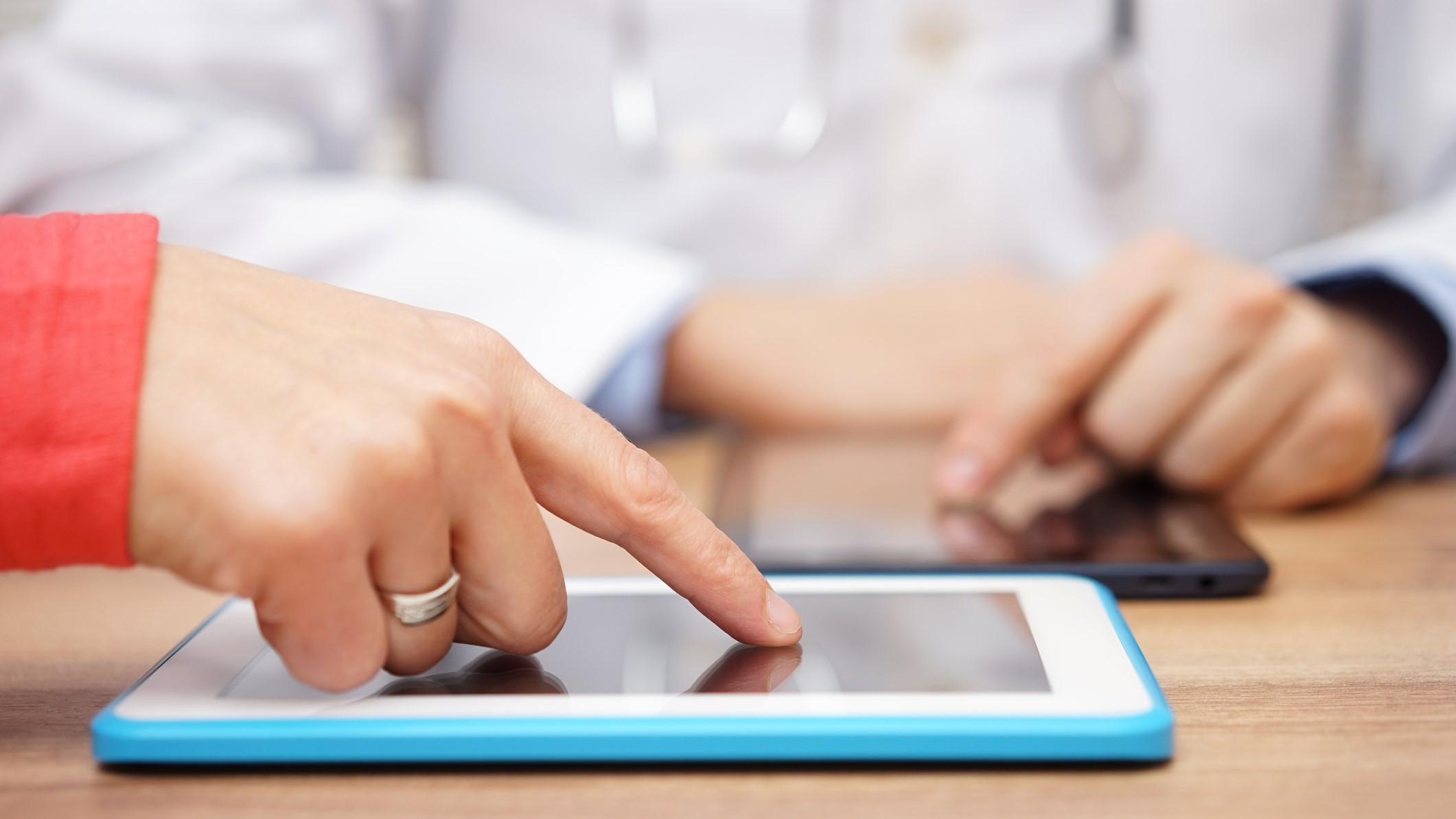FDA seeks feedback on digital tools for diabetes

The FDA has opened a comment period, extending until the end of the month, that is seeking information on how digital health technologies (DHTs) might be deployed to help prevent, detect, and manage diabetes.

The call has gone out from Troy Tazbaz, the ex-Oracle executive who was recently appointed director of the FDA’s Digital Health Centre of Excellence, (DHCoE). Tazbaz wants to involve as many stakeholders as possible – patients, researchers, healthcare providers, medical product manufacturers, technology companies, standards organisations, and others – as it refines the regulations for digital interventions.
The consultation is asking how DHTs can extend care into people’s homes and communities, play a role in early detection and prevention of the disease, and potentially even help to reverse type 2 diabetes. It also wants to hear how they might be used to prevent some of the common complications of diabetes, such as blindness, peripheral nerve damage, and cardiovascular and kidney diseases.
“Many healthcare stakeholders are embracing […] DHTs, including those enabled by artificial intelligence/machine learning (AI/ML), to transform the way healthcare is delivered in patients’ homes,” according to the FDA.
“However, the full potential of DHTs for the detection of prediabetes and undiagnosed diabetes, especially in diverse populations, particularly racial and ethnic minorities, has yet to be realised.”
The agency notes that one in 10 Americans has diabetes – 37 million people – and one in five of them do not even know they have the condition, showing that more needs to be done for patients.
That is a particularly pressing situation for certain racial and ethnic groups, such as Black, Hispanic, and Native American people, who are more likely to develop diabetes, but also less likely to be diagnosed and receive effective care.
“There are many examples of socioeconomically disadvantaged or geographically isolated communities that lack access to healthcare services and have a higher risk of developing diabetes or diabetes-related complications,” said Tazbaz.
“This highlights the opportunity for digital health to identify diabetes earlier and to help people live healthier lives,” he added.
“Together – as the whole of government and as a community of researchers and innovators – we can work hand in hand with the people most impacted by type 2 diabetes to extend the reach of the healthcare system beyond the clinic, and to advance the use of DHTs to help people better measure, understand, and manage their health.”
According to the American Diabetes Association (ADA), the total cost of diagnosed diabetes in the US in 2022 was almost $413 billion, consisting of around $307 billion in direct costs and $106 billion in indirect costs.
People with diagnosed diabetes have overall medical expenditures that are around 2.6 times higher than they would be if they did not have the disorder.
Comments can be submitted on the FDA’s website here.












